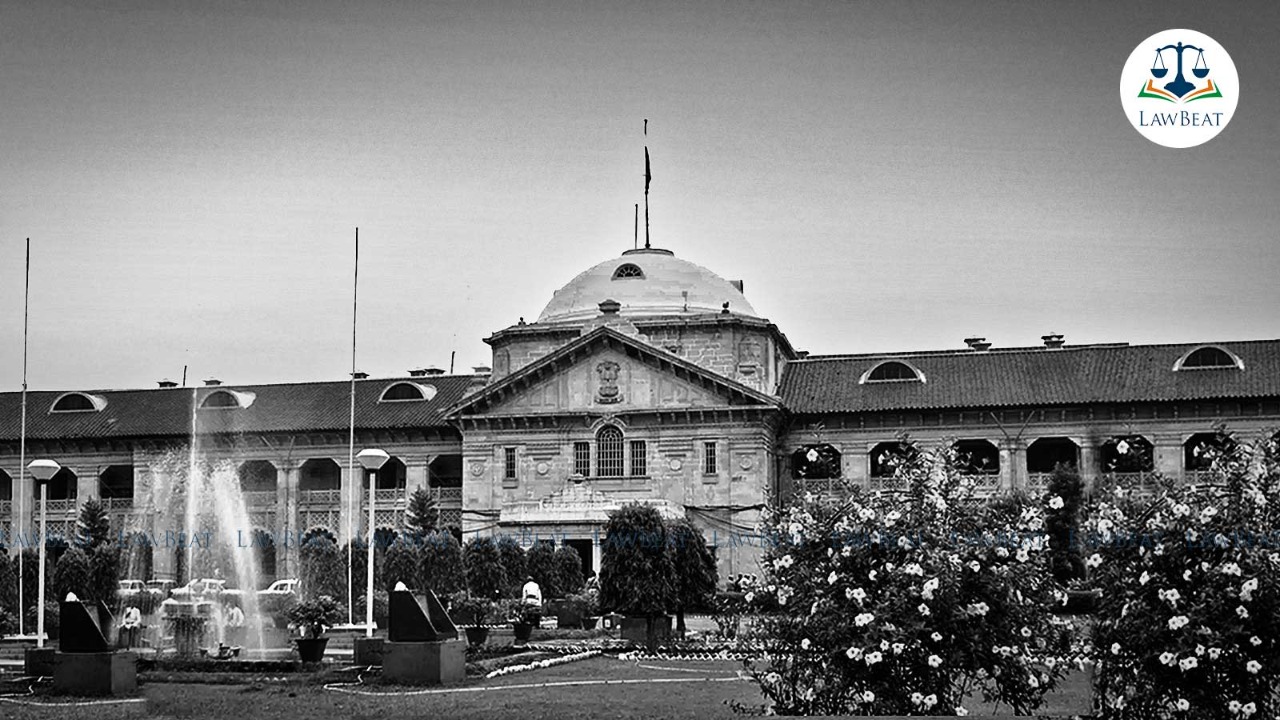2005 Ayodhya terror attack case: Allahabad HC Grants Bail To 4 Men Serving Life Sentence

On July 5, 2005, five heavily armed terrorists attacked the premises of 'Ram Janmbhoomi Sthal'. In the confrontation with the security forces, all five terrorists and one civilian died
The Allahabad High Court recently granted bail to four men who were serving life sentences in connection with a terrorist attack that occurred 18 years ago at the Ram Janmabhoomi site in Ayodhya.
The bench of Justice Ashwani Kumar Mishra and Justice Syed Aftab Husain Rizvi ordered that their appeals, challenging the life sentence awarded to them, be posted for hearing on December 4, 2023.
Shakeel Ahmed, Mohammad Naseem, Asif Iqbal @ Faroq, and Dr. Irfan moved the high court seeking suspension of sentence and grant of bail.
All four were convicted in a case of 2005 registered under Sections 302/120B, 307/120B, 153A/120B, 153B/120B, 295/120B, 353/120B IPC, Sections 18, 19 and 20 of the Unlawful Activities (Prevention) Act, 1967 r/w Section 120B IPC and Section 4 of the Prevention of Damage to Public Property Act, 1984 r/w Section 120B, IPC. The maximum sentence awarded to them was life imprisonment.
The terror attack case was that on July 5, 2005, at about 9.15 in the morning, a marshal jeep stopped near the Jain Temple at Ayodhya and a blast occurred in the jeep. Thereafter, five heavily armed terrorists attacked the premises of 'Ram Janmbhoomi Sthal' and the security forces retaliated. In the confrontation, all five terrorists and one civilian died.
Terrorists whose dead bodies were found at the place of occurrence were armed with AK-47 rifles and live cartridges, rocket launchers, etc.
The prosecution case against the four accused was that they were the conspirators of the attack. The prosecution had relied on the recovery of a Nokia handset. Upon surveillance of the phone and its call detail records, it was found that eight SIM cards were operated from the same handset among which some had been connected to the accused persons.
The trial court, in its judgment found that the prosecution had succeeded in establishing its case beyond reasonable doubt mainly relying upon the recovery of the Nokia mobile handset.
Before the high court, the counsel for the four convicts, argued that the recovery of the Nokia mobile handset itself was not proven and even the subsequent mobile calls relied upon by the prosecution are substantiated only by the CDR's in respect of which there is no certificate produced in terms of Section 65B of the Indian Evidence Act, 1872.
The defence argument was further that none of the convicts had any criminal history and they had already undergone incarceration of more than eighteen years, therefore, since the hearing of the appeals may take some more time, they should be released on bail.
However, the bail plea was opposed by the State respondent. While countering the legal grounds, Additional Advocate General argued that some of the accused persons were also found to have been in touch with persons across the border.
The high court noted that the paper book in the appeals of the convict was not ready yet therefore, they could not be heard finally at present.
Court further highlighted that in 2022, the Supreme Court had directed that the convict's plea for bail be listed before the bench which would hear their appeals.
The high court said, "A period of more than one year has expired since the order of the Supreme Court and therefore, we are of the view that the prayer made by the accused persons for consideration of their first bail applications is liable to be considered".
Court held that there were prima facie arguable points on the aspect relating to the factum of recovery of the mobile handset.
"Other legal issues have also been raised including the evidentiary value of call detail records particularly as there is no certificate produced in terms of Section 65B of the Evidence Act. It is also admitted to the prosecution that none of the accused appellants have any criminal history and they are languishing in jail for the last more than 18 years," court pointed out.
Therefore, keeping in mind the long period of incarceration during the pendency of appeal, court granted bail to the all four men.
Case Title: Shakeel Ahmed v. State of U.P. and Connected matters
